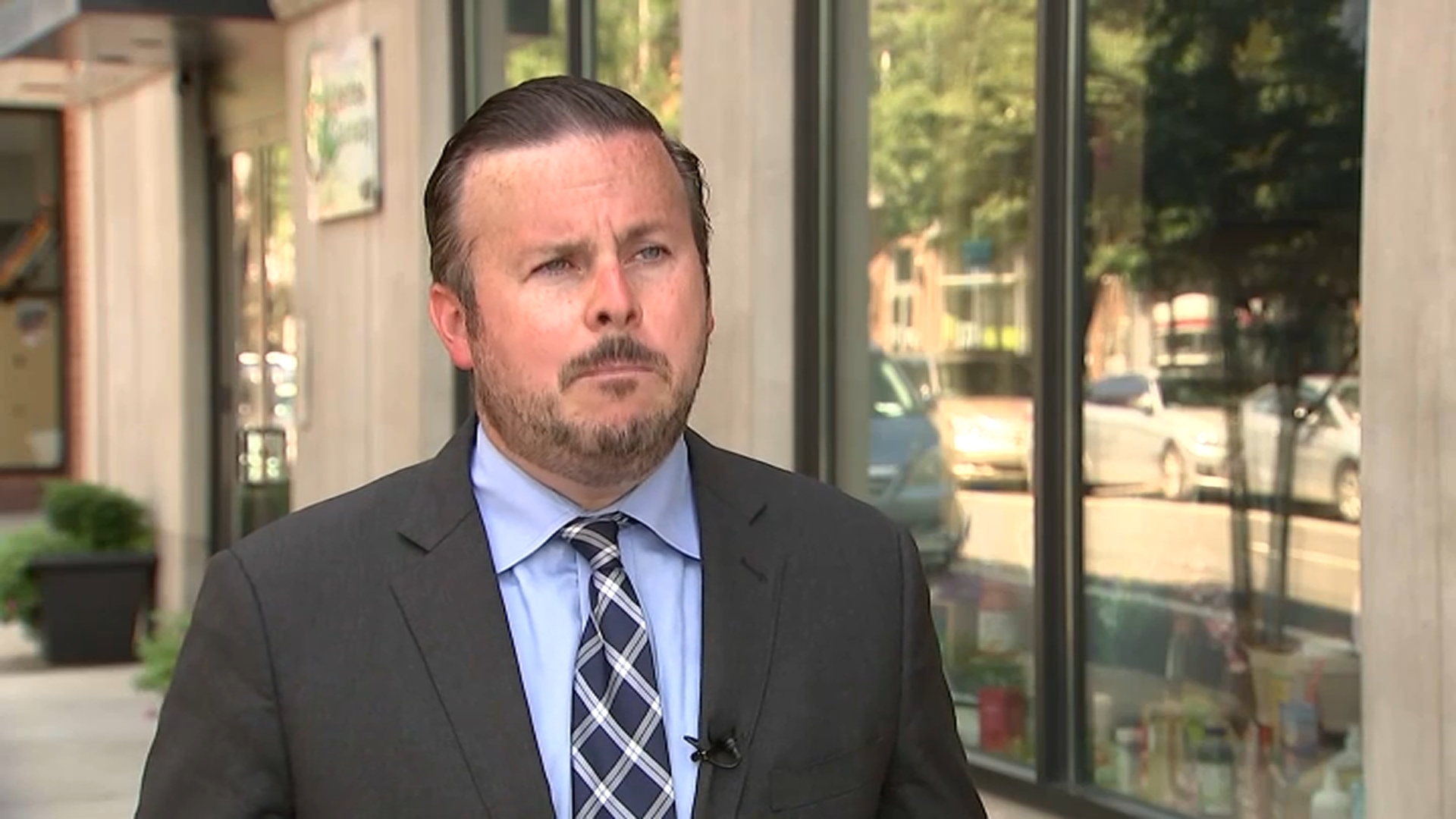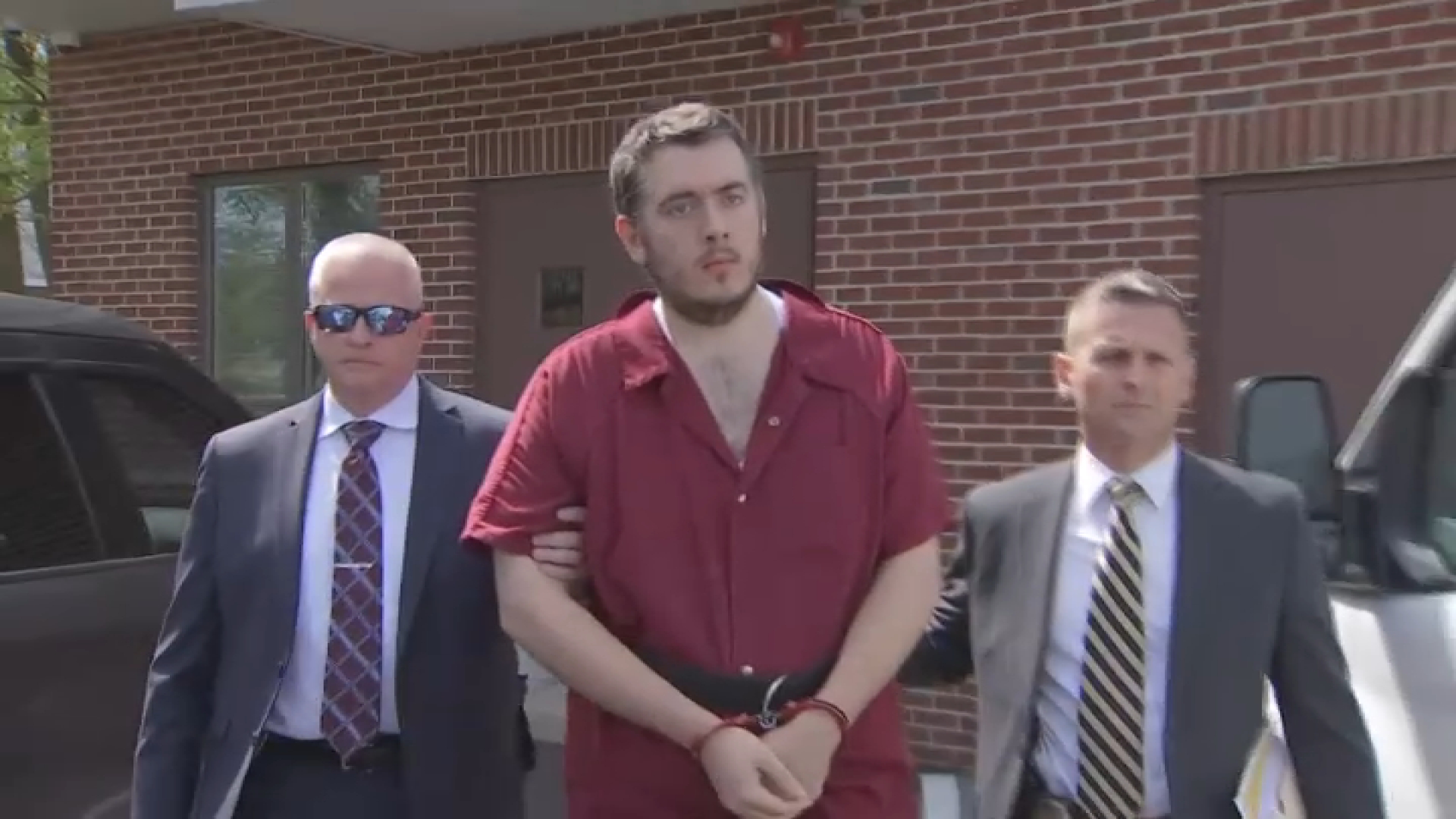What to Know
- A Pennsylvania judge says the state’s funding of public education falls woefully short and violates students’ constitutional rights.
- The decision issued Tuesday in a long-running case sides with poorer districts that are seeking billions of dollars in additional annual support.
- Commonwealth Court Judge Renee Cohn Jubelirer says that the state hasn't fulfilled its constitutional obligations to the poorest public schools. She says that violates those students’ rights to what she said should be a “comprehensive, effective, and contemporary” system.
A Pennsylvania judge ruled Tuesday that the state's system of funding public schools falls woefully short and violates students’ constitutional rights, siding with poorer districts in a lawsuit launched nearly a decade ago in pursuit of billions of dollars in additional annual aid.
Commonwealth Court Judge Renee Cohn Jubelirer found that the state hasn't fulfilled its constitutional obligations to students in the poorest school districts, writing in a nearly 800-page ruling that the state is violating those students’ rights to what should be a “comprehensive, effective, and contemporary” education.
The Public Interest Law Center and the Education Law Center, which represented the plaintiffs, hailed the decision as “a historic victory for students."
Get Philly local news, weather forecasts, sports and entertainment stories to your inbox. Sign up for NBC Philadelphia newsletters.
“This is an earthquake that will reverberate for the children of Pennsylvania for a long, long, long time,” said Dan Urevick-Ackelsberg, a senior attorney at the Public Interest Law Center.
An appeal to the state Supreme Court is possible, although the districts that sued will fight any attempt to stay judge’s order during appeal, Urevick-Ackelsberg said.
House Democrats, in a statement, called it a “historic decision” after years of a broken system shortchanging disadvantaged communities and failing to meet moral and constitutional obligations to students. Superintendents from poor districts and the Philadelphia teachers' union also praised the ruling.
Local
Breaking news and the stories that matter to your neighborhood.
Top Republican lawmakers, who fought the lawsuit, were comparatively silent, saying only that they were reviewing the ruling.
The ranking Democrat on the state Senate's Appropriations Committee, Sen. Vincent Hughes of Philadelphia, said the state has billions of surplus dollars in the bank right now and can afford a big boost in aid to the poorest schools to bring the state into compliance with the court order.
In the ruling, Cohn Jubelirer wrote that students in areas with low property values and incomes “are deprived of the same opportunities and resources" as those in more affluent areas.
That disparity is unjustified, violating both the state's obligations to educate students and the equal protection rights of students, Cohn Jubelirer wrote.
The school districts that sued presented extensive evidence showing wide achievement gaps between poorer and more affluent districts, the ruling said.
Those gaps were wider for certain historically disadvantaged groups, including Black and Hispanic students, English-language learners, poorer students and others, Cohn Jubelirer wrote.
The judge said educators testified that they lacked the very things the state has identified as essential to student achievement, such as safe buildings.
“Educators also testified about being forced to choose which few students would benefit from the limited resources they could afford to provide, despite knowing more students needed those same resources,” Cohn Jubelirer wrote.
The lawsuit, filed in 2014, argued Pennsylvania’s system of paying for public schools did not meet an explicit standard in the state constitution that lawmakers provide a “thorough and efficient system” of education.
The plaintiffs — including six school districts, the NAACP and the Pennsylvania Association of Rural and Small Schools — said Pennsylvania’s school funding system relies disproportionately heavily on local property taxes, helping to widen the gap between rich and poor districts.
Underfunded districts are more likely to have larger class sizes, less qualified faculty and outdated buildings, textbooks, technology and curriculum, they argued. To get by, they have eliminated positions and offerings, they say.
One plaintiff, the Wilkes-Barre Area School District, said it was forced to cut 100 positions because of chronic underfunding, eliminating popular programs involving art, libraries, industrial arts and others. The district has also struggled with obsolete school buildings, but simply couldn’t raise taxes anymore, Superintendent Brian Costello said.
The plaintiffs presented evidence during last year’s trial that schools are underfunded by $4.6 billion, an estimate they said does not account for gaps in spending on special education, school buildings and other facilities.
Districts spent more than $33 billion in the 2020-21 school year, according to the latest data available.
Republican legislative leaders had defended the existing system, telling the judge that public school subsidies were adequate and growing, and that education spending compares favorably to that of other states.
As state attorney general last year, newly elected Democratic Gov. Josh Shapiro filed a brief supporting the lawsuit’s aims and pledged on the campaign trail to “fully fund” public schools.
Shapiro's office said it was reviewing the decision.
Edward Albert, executive director of the Pennsylvania Association of Rural and Small Schools, characterized the ruling as a monumental victory.
“The system is broken, and now somebody put their thumbprints on it and said, ‘We agree,’” Albert said.
Cohn Jubelirer’s ruling did not direct the Legislature on how much state aid to distribute or how. Rather, she wrote that the court is in “uncharted territory with this landmark case” and left it to the governor, lawmakers and the school districts that sued to come up with a plan to address the constitutional violations.
She gave no deadline.
David McAndrew Jr., superintendent of the Panther Valley School District in Pennsylvania’s coal region, called for immediate action from Shapiro and the Legislature.
His district desperately needs additional state aid to pay competitive salaries and attract and retain certified teachers, guidance counselors, social workers and other staff, he said.
“The judge said this is unconstitutional," McAndrew said. "We need those resources to help our kids. I don’t think there should be any delay.”
Sign up for our Breaking newsletter to get the most urgent news stories in your inbox.



